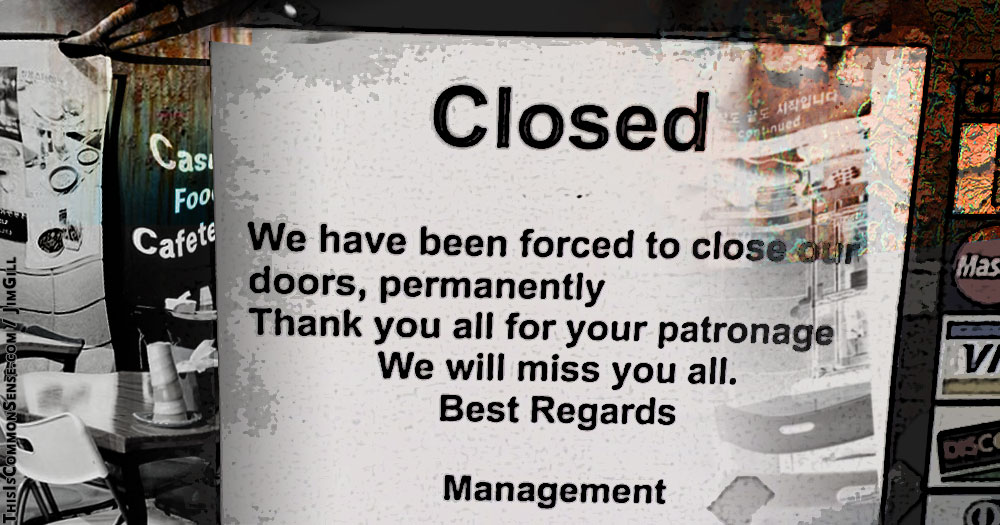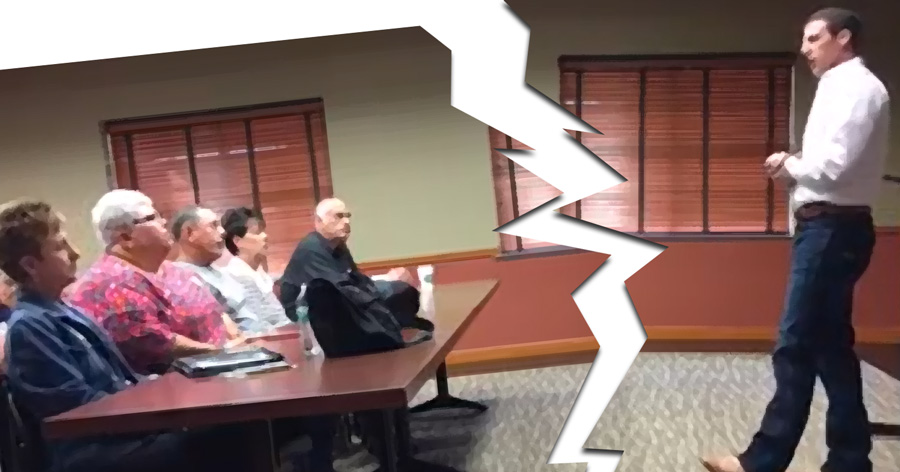Should a judge decide how much Elon Musk can be paid?
Well, when the job that Musk is doing is not a government job and a company’s internal process of determining the compensation is voluntary and aboveboard … no.
But according to a Delaware judge, Chancellor Kathaleen McCormic, who last January rescinded Tesla’s compensation package then worth $56 billion, now worth more than $100 billion, Musk is not entitled to this compensation. And she has just affirmed her ruling.
Musk says that “shareholders should control company votes, not judges.”
Tesla says: “The ruling is wrong, and we’re going to appeal.”
The appeal could take a year or more.
There’s nothing in the U.S. Constitution authorizing judges to run private companies or decide how much their most valuable personnel may be paid. The judge has no constitutional warrant. And no moral warrant.
Not her business.
Ignoring the enormous success of Tesla, McCormic is simply deciding that Musk’s pay is way too much with respect to some arbitrary personal criterion that is irrelevant to the decisions that companies must make to attract and keep their greatest entrepreneurial talents, the ones who do the most to make it all go.
Still, maybe we should give the judge a break — I mean, just a tad?
Remember, it was Chancellor McCormic who forced Musk to go through with his Twitter purchase — which turned out to be the most consequentially favorable free-speech/-free-press event of our time.
Sure, then too she was grinding a personal or ideological animus against the magnate.
But credit where credit’s due!
This is Common Sense. I’m Paul Jacob.
Illustration created with …
—
See all recent commentary
(simplified and organized)










